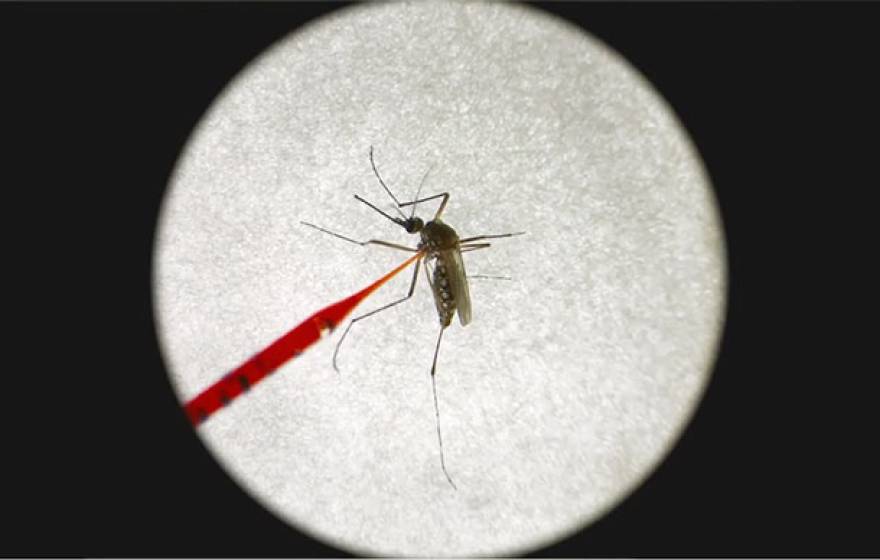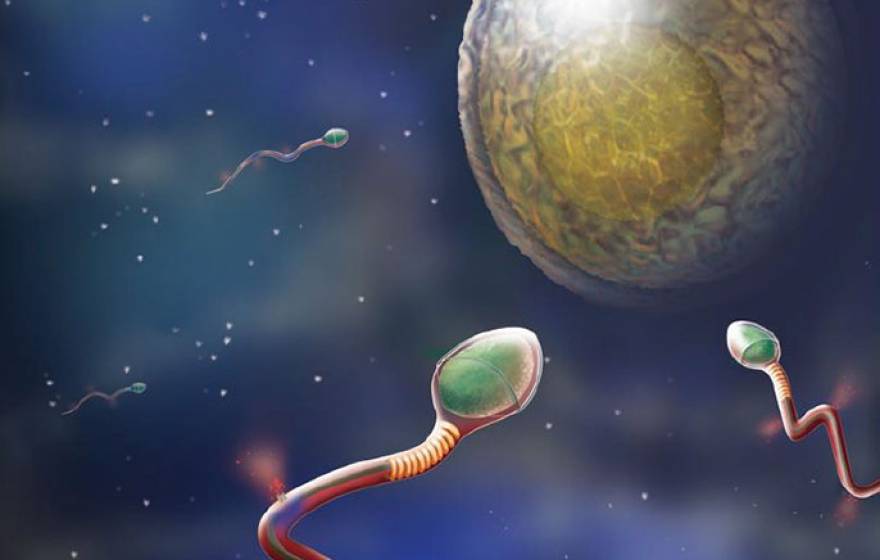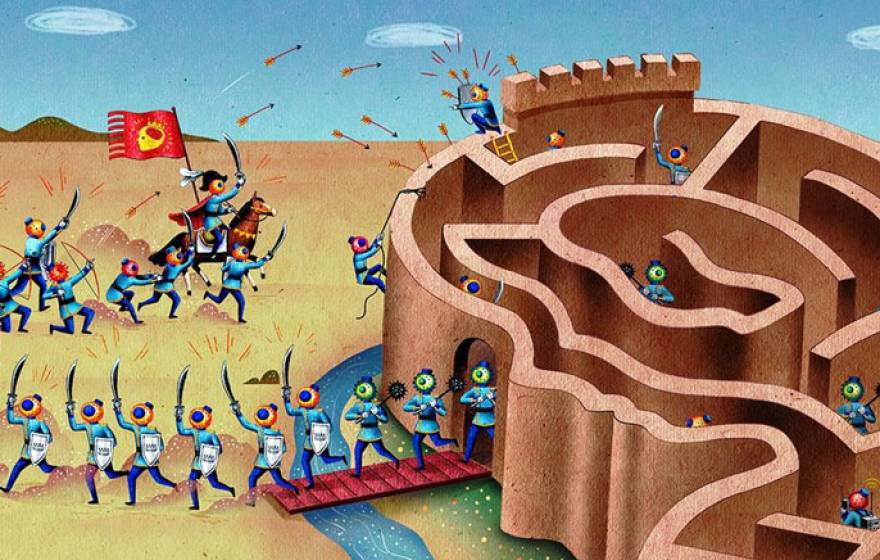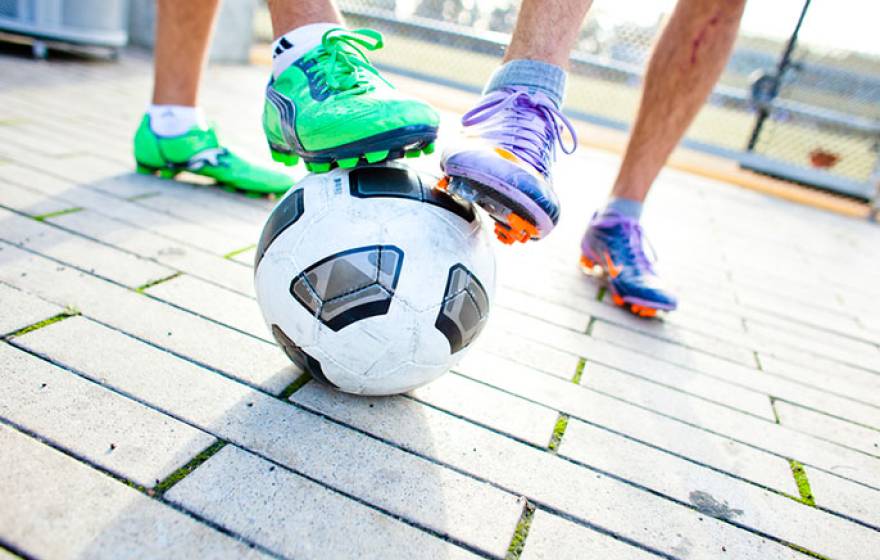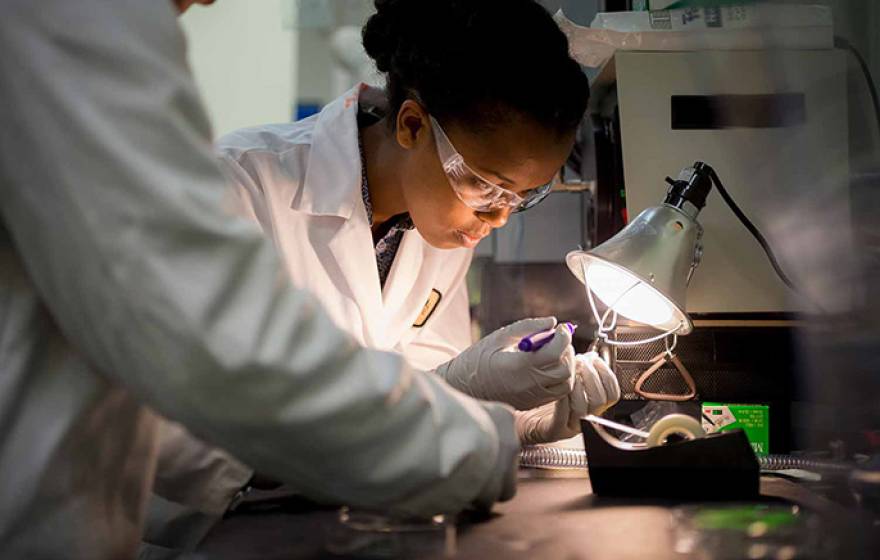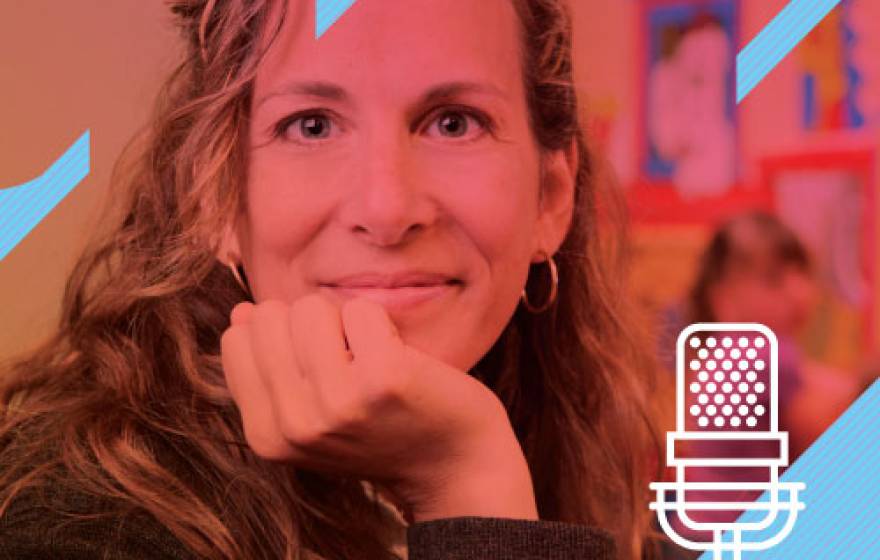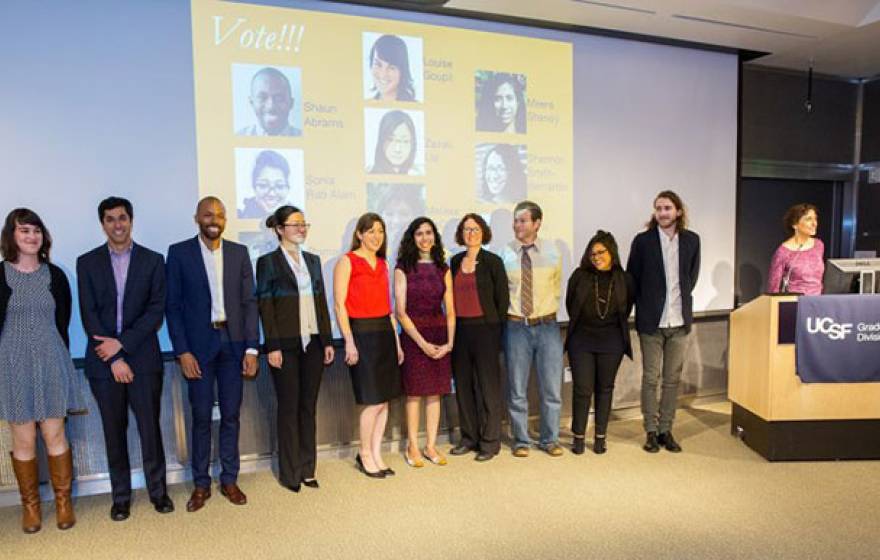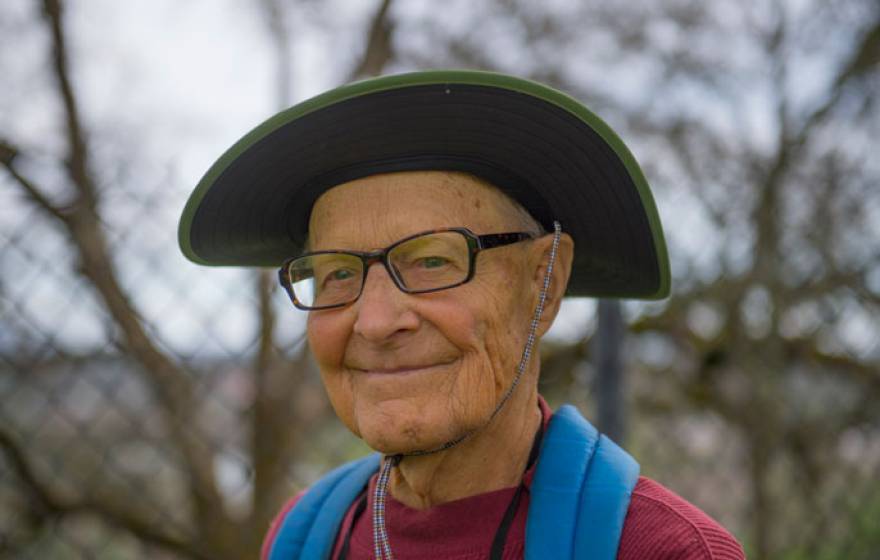UC Irvine and UC San Diego scientists have found a way to curb mosquito-borne diseases - possibly including Zika.
Stopping malaria … one mosquito at a time
Preventing sperm’s ‘power kick’ could be key to unisex contraceptive
UC Berkeley and UCSF biologists discover a new birth control target during a first-of-its-kind study of fertilization.
Recycled water is good for your health, UCLA researchers say
Smart water use is increasingly urgent - that's why findings from a new study on recycled H2O are so critical.
A mother’s immune system, a child’s autism
UC Davis professors are trying to establish a connection between maternal antibodies and the disorder.
This is your brain on exercise
UC Davis researchers find that vigorous exercise boosts critical neurotransmitters and may help restore mental health.
UC graduate schools rate highly in U.S. News rankings
In each discipline, all or nearly all UC graduate schools were ranked.
'Hey Siri, I’m depressed': Can smartphones answer the call for help?
A new UC San Francisco study analyzes personal voice assistant responses to health questions.
Chemical discovered at UC Davis may be new tool for depression therapy
Pretreatment with soluble epoxide hydrolase inhibitor found to prevent the onset of depressionlike behaviors in mice.
Breakthrough study reveals biological basis for Sensory Processing Disorder
More common in children than autism, SPD has only recently gained recognition as a distinct neurological disorder. UCSF's Elysa Marco explains how her team's groundbreaking research may lead to a greater understanding of the condition, as well as better diagnosis and treatment.
Where medicine and the humanities meet
At UC Riverside, medical school students are combining traditional disciplines with liberal arts in order to deliver the best possible care.
UC San Francisco Grad Slam 2016 winner driven by research in sobering center
Graduate student will present her research, TED-talks style, at systemwide competition among the campuses this spring.
Record generosity: $38.5 million for UC Davis vision science
Ernest Tschannen's unprecedented gift will support UC Davis Health System's Center for Vision Science and the UC Davis Eye Center, where he was a patient.
